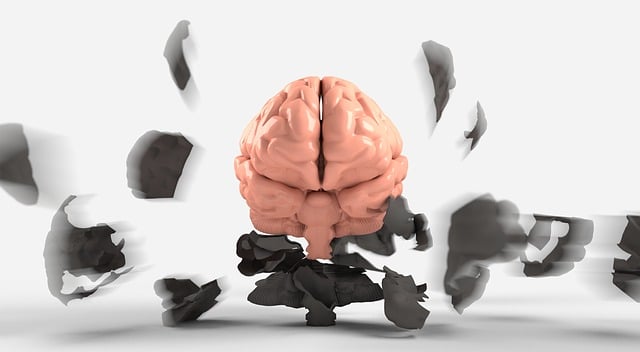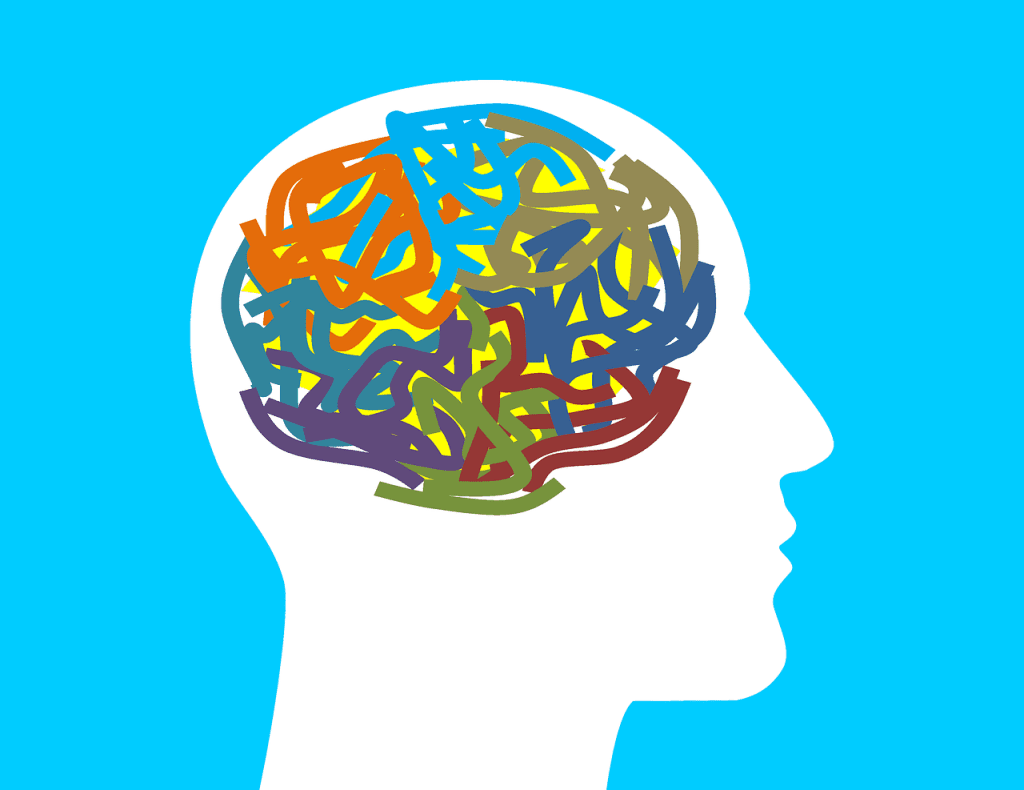Spinocerebellar Ataxia 4 (Neurological disorder)
Spinocerebellar ataxia four (SCA4) is a crippling nerve situation that makes it more and more difficult to stroll, maintain stability, and communicate. Families of individuals with Spinocerebellar ataxia 4 (SCA4) have faced significant challenges for an extended period, as there is currently no recognized cause or treatment for the Neurological disorder.
However, a recent study from the University of Utah provides the long-awaited answers. After 25 years of work, specialists have sooner or later discovered the genetic exchange that causes SCA4. The publication of this finding in Nature Genetics provides hope for affected families and opens the door to new remedies.
Table of Contents
A Puzzling Disease
Previously, researchers believed SCA4 was genetic, but pinpointing the precise cause proved challenging. The bad gene was in a complicated area with lots of repetitive DNA sequences, which made it hard to do a normal study.
New Technology Cracks the Code
Dr. Stefan Pulst and K. Pattie Figueroa led the study team, using cutting-edge sequencing technology to analyze the DNA of Utah families with SCA4 to identify those with the gene and those without. Researchers discovered a significant issue: individuals with the disease had an abnormally long DNA fragment, ZFHX3, repeating itself excessively.
Cellular Dysfunction and a Potential Path Forward
Further research revealed strange behavior in cells with the extended ZFHX3. They struggled to recycle proteins properly, and some of them contained protein clumps. This cell problem is thought to be the primary cause of the brain damage seen in SCA4 cases.
Interestingly, SCA2, a different type of ataxia, also has a problem with protein recycling in a similar way. People are currently testing a potential treatment for SCA2. Based on what we now know about SCA4, this treatment may also help people who have it.
Hope Beyond a Diagnosis
While determining the genetic cause of SCA4 will take time, it will greatly benefit those affected by the condition. Genetic testing can now inform if someone has the mutation, which can assist with crucial lifestyle selections like having their own family.


A Testament to Collaboration
The specialists emphasize how important it is for SCA4 patients and their families to be part of this development. Their desire to share family history and biological samples made it possible to compare DNA, which was very important. This study also shows how researchers can really connect with the people they study on a personal level.
These findings show that the fight against SCA4 has taken a significant step forward. Finding the cause now makes developing effective treatments easier. This gives people new hope for a future without this terrible disease.
Frequently Asked Questions
Q1: What is Spinocerebellar Ataxia 4 (SCA4)?
A: SCA4 is an unprecedented, inherited neurological disorder that influences stability, coordination, and speech. It regularly worsens over time.
Q2: What are the signs of having SCA4?
A: Having problems walking, shaking, slurred speech, and ingesting issues are some of the most unusual signs.
Q3: Is there a way to treat SCA4?
A: At this time, there’s no remedy for SCA4. However, the recent discovery of the genetic trade that explains the illness opens the door to possible new treatments.
Q4: Is there a SCA4 test?
A: Exams now identify the genetic exchange that causes SCA4. If someone in your circle of relatives has had this illness before, this will help.
Q5: What’s likely to happen to someone with SCA4?
A: SCA4 is a disease that gets worse over time, but the rate at which it gets worse can vary a lot from person to person.
Q6: How can we take care of SCA4?
A: There is no one-size-fits-all approach to managing SCA4. Physical remedies, occupational remedies, speech therapy, and painkillers can also be part of the remedy.
Q7: What other places can I learn more about SCA4?
A: Find out more about SCA4 at https://www.Ninds.Nih.Gov/, which is the website of the National Institute of Neurological Disorders and Stroke (NINDS). How can I assist with SCA4 research?
Currently, there are scientific studies underway for feasible treatments for SCA4. Https://clinicaltrials.Gov/ has statistics on approximately 100 trials that are still taking place.


Amjad Mustafa, the owner and author of Keen2Know, is a highly qualified individual with strong experience in technical engineering. He is an experienced professional with a variety of business, technology, and car knowledge. His academic background prepared him for a diverse career and established him as a prominent figure at the intersection of these rapidly evolving industries.



